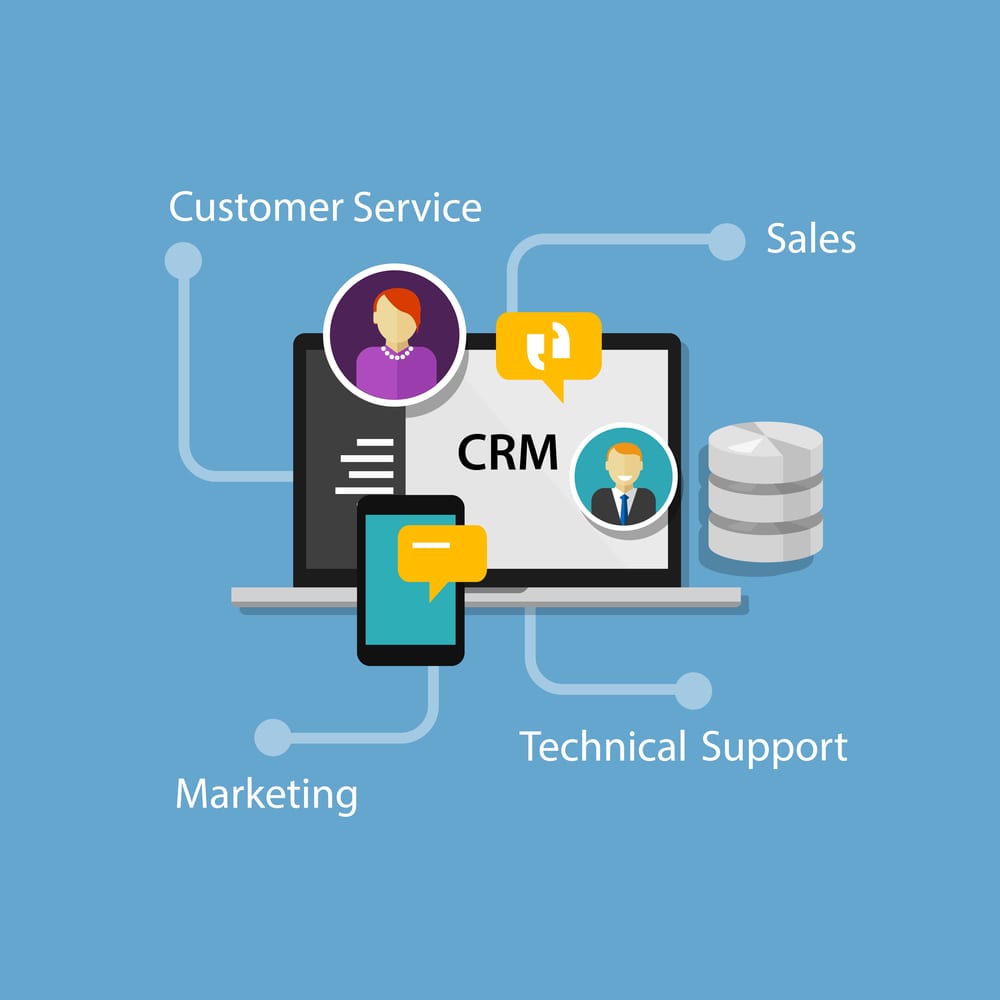CRM Transformation Program
By: Ciopages Staff Writer
Updated on: Feb 25, 2023

The broad definition of a CRM Transformation Program is a rethinking of strategy, process, data and systems which support the sales teams in the end-to-end customer management value stream and firmly ensconces the customer-first philosophy.
Before you buy a CRM system and bolt on to your existing IT landscape, it is important to ponder over a few critical questions about your vision, strategy, approach and desired outcomes from a CRM transformation program. It may serve you will go consider a holistic CRM Transformation framework to plan your program.
What are the drivers of CRM Transformation Programs?
- Highly competitive marketplace across industries and geographies where competing for mind space and wallet share have become extremely challenging.
- The ever-rising expectations from customers about not just product or service quality, but the overall experience before, during and after the sales process is another critical facet of why an enterprise should get on the CRM transformation bandwagon.
- Digital has changed and is still changing everything and a CRM transformation program is a foundational digital capability if done right.
What are the prerequisites for success in a CRM Transformation Program?
The broad definition of a CRM Transformation Program is a rethinking of strategy, process, data and systems which support the sales teams in the end-to-end customer management value stream and firmly ensconces the customer-first philosophy.
- The strategy should lead before the system’s decisions are made: Buying a CRM system and bolting it on is not CRM Transformation. It is just buying a system. The CRM Transformation may lead to process changes and CRM software replacement. But business strategy in general, and the CRM strategy, in particular, should be the driving force of a CRM transformation program.
- Processes should be defined outside in: A customer-first philosophy in action is when you design your enterprise sales and services processes outside in – that is from the vantage point of the customer – whether business customers or households/individuals.
- Data is the big elephant in the room: Without the right data strategy and information architecture, the CRM transformation programs will face a lot of headwinds
- Design for who you are and where you are going: This is a very important concept. Do not implement a system or a process based on “everyone is doing this way”. That is a recipe for disaster. So, understand the nuances of the essence of your enterprise and design a process and build/buy/integrate a CRM system that fits the mold. And make sure you know your target state and define a process and system that gets you there.
What are you transforming in a CRM Transformation Program?
A CRM transformation journey, as we discussed, is more than systems. A CRM transformation touches all aspects of your business and is pervasive, invasive and at times existential.
- Vision: A transformational vision is the first step in rethinking your customer relationship management.
- Strategy: A customer-first philosophy should be the underpinning of your CRM transformation strategy.
- People: Employees across the enterprise, but the sales and service teams, need to transform and align with the vision, strategy, and approach for the CRM program to succeed.
- Process: The CRM transformation should make processes flexible, simple and focused on eliminating the customer dissatisfiers.
- Organization: Serving customer and managing exceptional relationship is about breaking down organizational silos. A CRM transformation program must consider the end-to-end nature of the customer value streams.
CIOPages.com can help you with your CRM transformation journey with a variety of resources.
- Build a business case for CRM Transformation
- Jumpstart your CRM Transformation Business Requirements
- Build your CRM transformation based on a stable set of CRM business capabilities
- Leverage and customize CIOPages.com CRM Transformation Framework
- Conduct a well-thought out CRM Vendor Evaluation
- Craft an accelerated project plan using CIOPages.com CRM Sample Project Plan